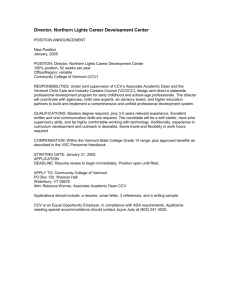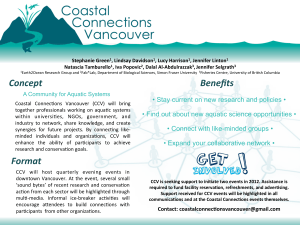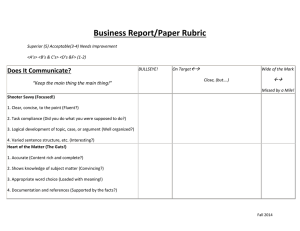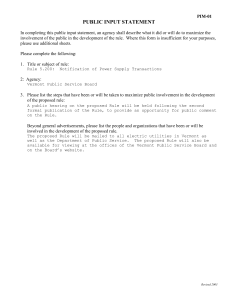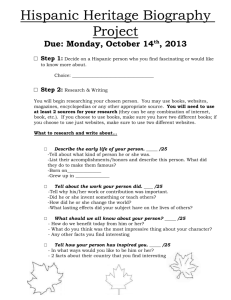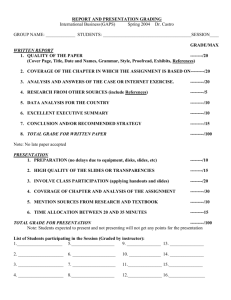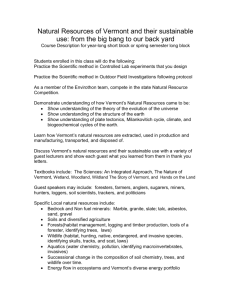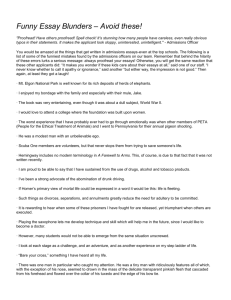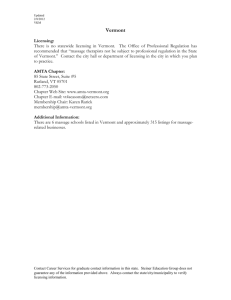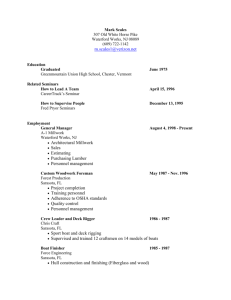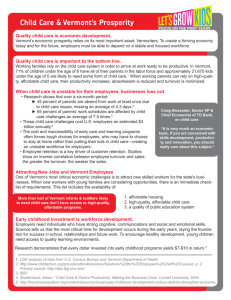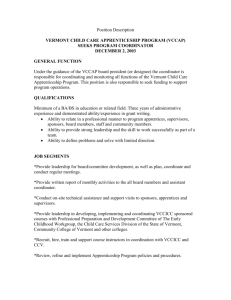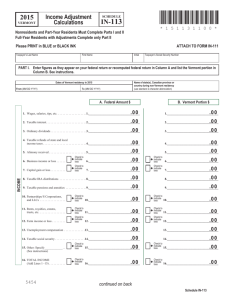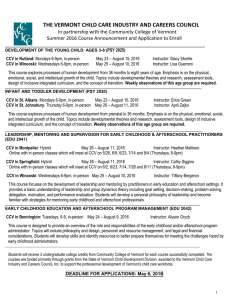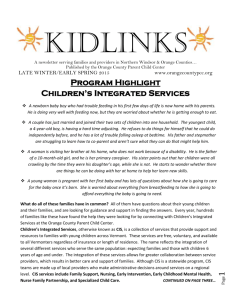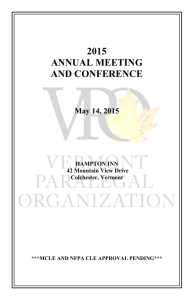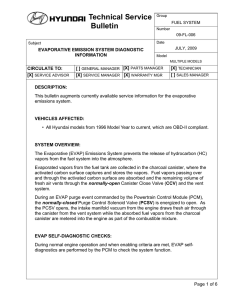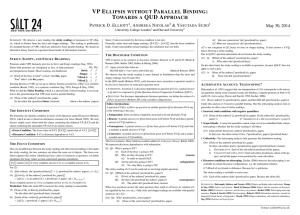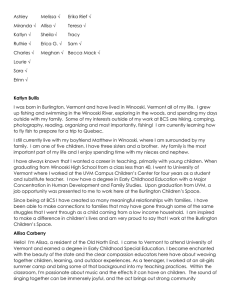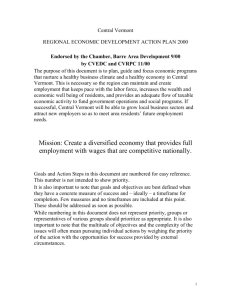Short Reaction Papers - Vermont Northern Lights
advertisement
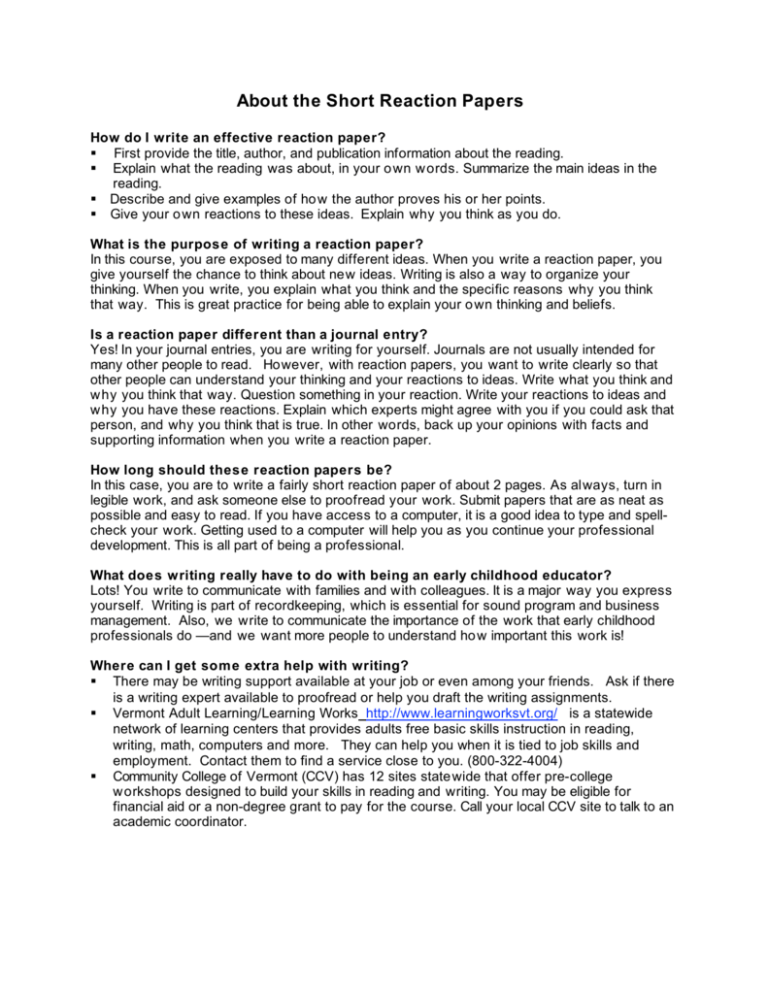
About the Short Reaction Papers How do I write an effective reaction paper? First provide the title, author, and publication information about the reading. Explain what the reading was about, in your o wn words. Summarize the main ideas in the reading. Describe and give examples of ho w the author proves his or her points. Give your o wn reactions to these ideas. Explain why you think as you do. What is the purpose of writing a reaction paper? In this course, you are exposed to many different ideas. When you write a reaction paper, you give yourself the chance to think about new ideas. Writing is also a way to organize your thinking. When you write, you explain what you think and the specific reasons why you think that way. This is great practice for being able to explain your o wn thinking and beliefs. Is a reaction paper differ ent than a journal entry? Yes! In your journal entries, you are writing for yourself. Journals are not usually intended for many other people to read. However, with reaction papers, you want to write clearly so that other people can understand your thinking and your reactions to ideas. Write what you think and why you think that way. Question something in your reaction. Write your reactions to ideas and why you have these reactions. Explain which experts might agree with you if you could ask that person, and why you think that is true. In other words, back up your opinions with facts and supporting information when you write a reaction paper. How long should these reaction papers be? In this case, you are to write a fairly short reaction paper of about 2 pages. As always, turn in legible work, and ask someone else to proofread your work. Submit papers that are as neat as possible and easy to read. If you have access to a computer, it is a good idea to type and spellcheck your work. Getting used to a computer will help you as you continue your professional development. This is all part of being a professional. What does writing really have to do with being an early childhood educator? Lots! You write to communicate with families and with colleagues. It is a major way you express yourself. Writing is part of recordkeeping, which is essential for sound program and business management. Also, we write to communicate the importance of the work that early childhood professionals do —and we want more people to understand ho w important this work is! Where can I get some extra help with writing? There may be writing support available at your job or even among your friends. Ask if there is a writing expert available to proofread or help you draft the writing assignments. Vermont Adult Learning/Learning Works http://www.learningworksvt.org/ is a statewide network of learning centers that provides adults free basic skills instruction in reading, writing, math, computers and more. They can help you when it is tied to job skills and employment. Contact them to find a service close to you. (800-322-4004) Community College of Vermont (CCV) has 12 sites state wide that offer pre-college workshops designed to build your skills in reading and writing. You may be eligible for financial aid or a non-degree grant to pay for the course. Call your local CCV site to talk to an academic coordinator.
